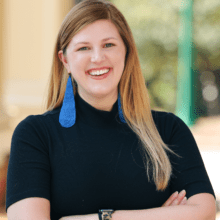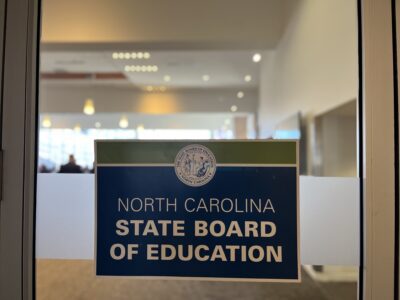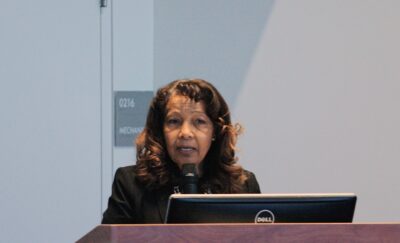

|
|
Children are spending an average of 80% of their days outside of school, and the way that they spend this time has crucial implications, both for their achievement in the classroom and success in life.
The positive impacts of regular access to high-quality afterschool or out of school time (OST) programming are well-established: afterschool and expanded learning programs keep children safe, offer parents peace of mind, and support family stability and parent and caregiver workforce participation. They provide an expanded learning day and academic support as well as enrichment activities for students to explore and develop their interests in the arts, STEM, sports, and other areas. They provide opportunities for students to gain skills that increase college and career readiness and prepare our future workforce. For many children and youth, they provide access to healthy snacks and meals outside of the school day. They are also a safe place for students to interact with peers, practice social-emotional skills, and develop their identity outside of the classroom.
Research has demonstrated that OST programs can increase student engagement and attendance, increase positive social behaviors and decrease problem behaviors, improve students’ educational outcomes, decrease achievement gaps for low-income students, and even reduce drop-out rates and participation in risky behavior for older students.
Despite the clear benefits of quality afterschool and OST programs and their critical role supporting children and families, there is still an incredible unmet demand for afterschool programs. The 2020 America After 3PM report from the Afterschool Alliance estimates that for every child enrolled in an afterschool program in North Carolina, three are waiting to get in. As of 2020 there were 666,625 children in need who would participate in an afterschool program, were one available. Parents cited cost, lack of safe transportation or other logistical and scheduling challenges, and lack of available programs or information about program availability as primary reasons that their children were not enrolled.
Additionally, there are wide disparities in program quality and intentionality, which influence the impact that out-of-school time programs can have. Key indicators of quality, such as staff qualifications and the staff-student interactions have a tremendous impact on program and academic outcomes for students enrolled in out-of-school time programs. Moreover, regular student attendance matters. Access challenges such as transportation or program schedules that do not align with parent work schedules can lessen the positive impact of afterschool and expanded learning programs.
In order to fully realize the benefits that students can reap from participating in afterschool and summer learning, we must advocate for adequate public and private support of out-of-school time programming that mitigates access challenges such as transportation and cost to families. We must also uplift, support, and provide adequate career development and resources to afterschool and expanded learning educators in order to prevent staff turnover and keep our qualified and trained staff in the out-of-school time field. Importantly, we must also support and incentivize programs to remain committed to the program quality and intentionality that make out of school time learning so impactful.





